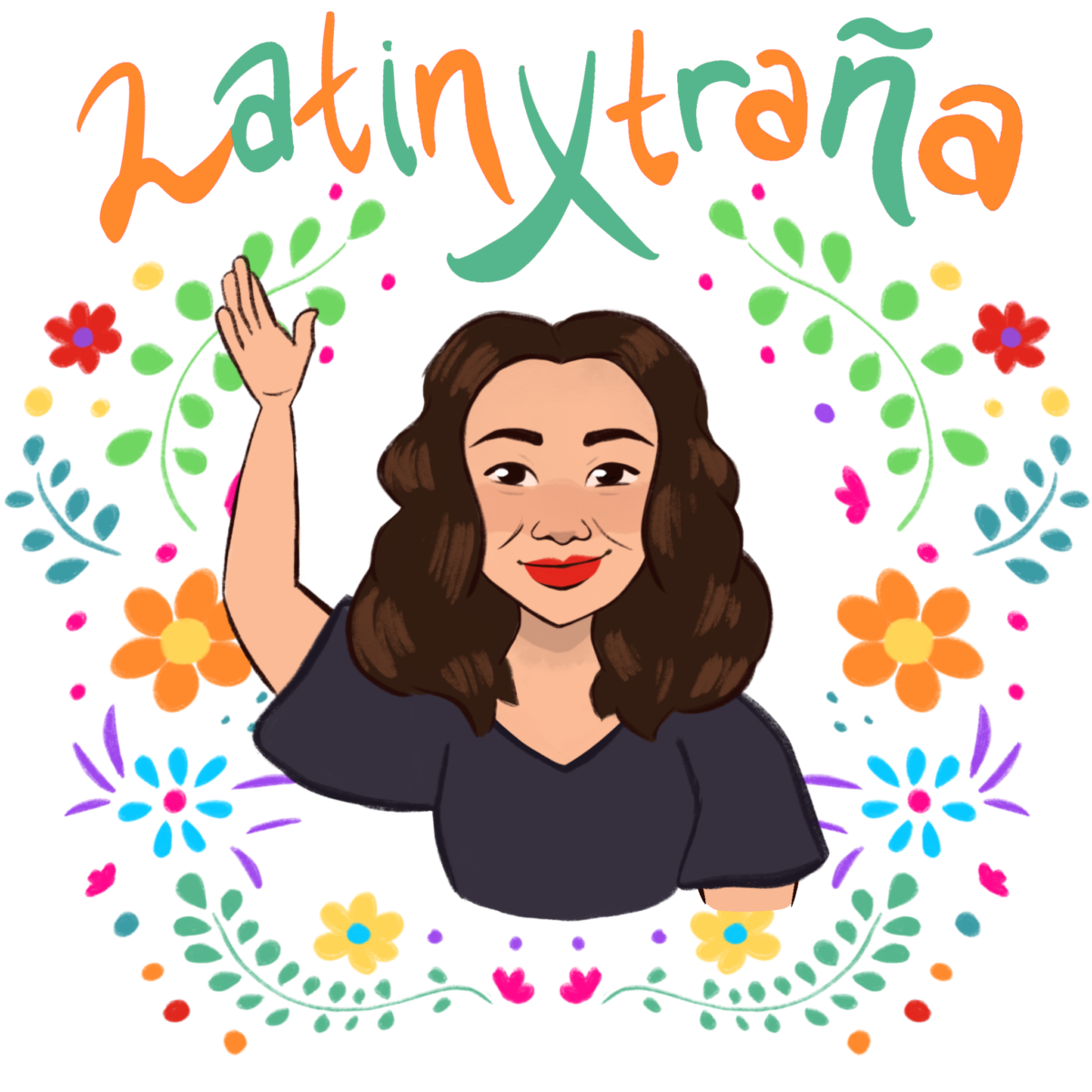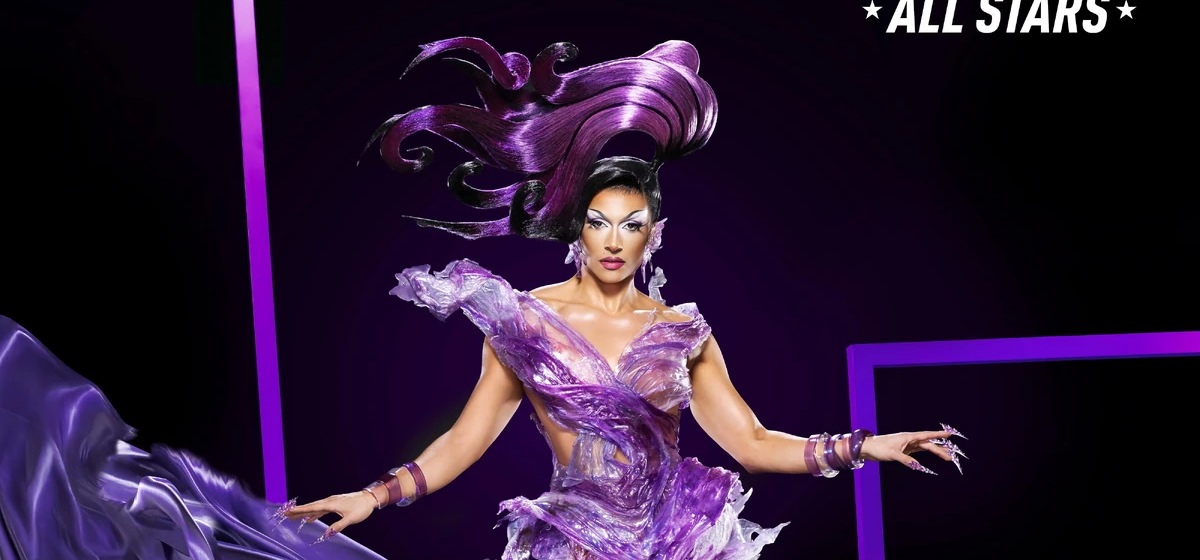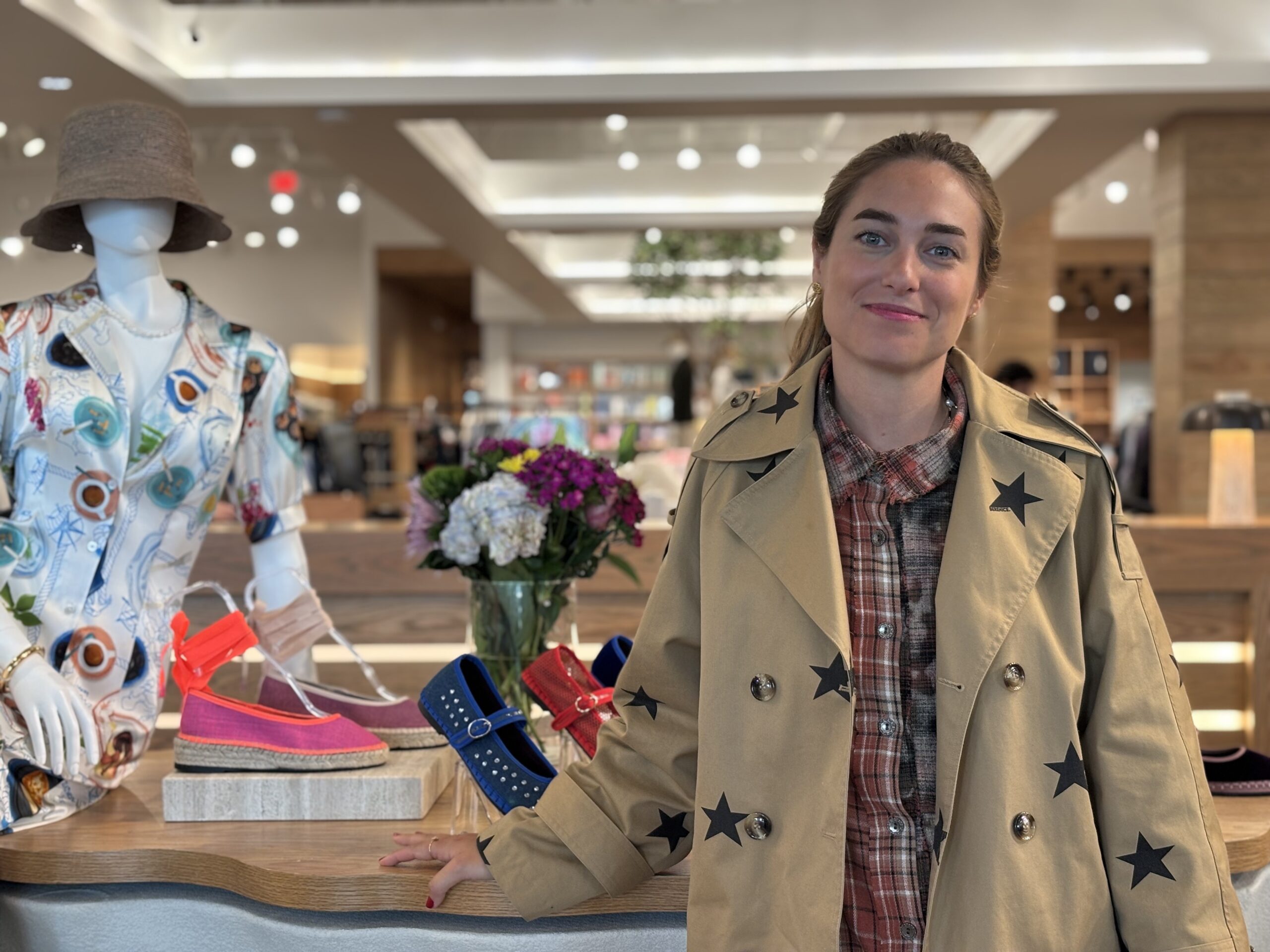By Marissa Palmer
AUSTIN, Tx.—You’re hanging out with your friends, talking, joking and laughing with each other. The flow and pattern of the conversation is easy, not forced. And it isn’t just the conversation that flows easily; it’s the body language. It’s all so natural, fluid and utterly unrestrained. There is no tension or anxiety, just the flow. And it is full of everything right and welcoming: no judgment, no caution, no hiding. Even now, in your mind’s eye, you can picture exactly what I’m describing, pulling the image together from personal memories. Hopefully, it causes a smile to creep into your eyes and make its way to your mouth. Because thinking about the fluidity and ease amongst friends and family brings your body and mind comfort —and even joy. This is a great feeling, and it is great because a large portion of the lives of Latinx’s are spent surrounded by white-dominated spaces, and things feel very different for minorities in those spaces.
Have you ever thought about the multitude of subconscious behaviors and adjustments, like code-switching, ethnic people have made life, work, be educated in, and survive predominantly white spaces? Acceptance into these spaces can be difficult, especially when you come from a completely different set of cultural cues and norms. Behavior adjustments, like code-switching, are essential to an ethnic individual’s success and survival in mainstream white society. Sometimes, these adjustments aren’t enough to gain acceptance or favor, and so there is that feeling of outside and other that lingers within.
An individual’s primal brain is conditioned by the environment and culture they are raised in. There is a “common ground” created by cultural norms that act as the basis for where you are most comfortable. For example, you grew up with a large family that regularly gathered together for celebrations and holidays. These gatherings are loud, with many people attending and large quantities of food. This creates a norm for the individual that dictates that celebrations and holidays involve many people and are boisterous. This example could be cultural or familial because some cultures, like Latinxs, tend to have large gatherings, but this is not exclusive to Latinxs’. Not all Latinx families are large, nor do they all regularly gather for celebrations and holidays.
It is important to understand that personal norms are not only dictated by culture —family and society also contribute to them and our personal cultural tapestry. And because of this from culture to culture, there are differences, and again, that is expected. Ideally, there should be an amalgam of these cultural differences that create a more fluid and less rigid socially accepted basis for interactive norms. But this isn’t the case.
In our current society, a rigid, dominant mainstream white culture exists and acts as the basis for “normal” and is also the yardstick for success. The steeply inclined learning curve for navigating this space impedes and disenfranchises many people of color, especially those who are not introduced and socialized from an early age to this dominant culture.
The act of code-switching isn’t bad or wrong. It is something everyone does. In many ways, it represents the multi-faceted sides of an individual. What is wrong is the feeling or need to assimilate to be accepted, included or even succeed. It is akin to an extreme form of peer pressure like in school when everyone has a particular brand of phone, purse, etc. Feeling forced to code-switch into a “dominant manner” is not the same as code-switching between family or friends. The desire to fit in, ingratiate oneself, and hide is strong when surrounded by differences. Navigating predominant “white space” may sound like some weird esoteric game, and in many ways, it is a game. A weird, unspoken, often confusing game of figuring out how you should act, how you should speak, and even who you should be in order to “fit in.” Working in “white space” makes you more aware of your ethnicity. This awareness can make some feel ashamed and even loathe their ethnicity. For others, it makes them value and cherish their ethnicity and culture more because it is no longer there to comfort you.
When we are in these “dominant spaces” at work, school, etc., it is impossible not to notice this feeling of otherness and sense of unacceptance. The unacceptance comes from the prejudices and stereotypes pervading our world. When we lean into or fit a stereotype, it often makes others feel better or more comfortable because it “fits” a preconceived notion of who we are, how we behave, and what to expect. For example, you speak English with no language accent, maybe only a regional accent (Southern draw, Texas twang, Boston vowels, etc.). Someone thinks they are complimenting you when they exclaim with surprise, “You speak English so well!” Or say, “You are so articulate!” But in reality, it is insulting because it shows a lower expectation of your capabilities due to racist stereotypes. When we don’t “fit” these stereotypes, it makes others feel uncomfortable, and that feeling is palpable. We are conditioned by the systemic racism in our society to diminish the discomfort of white society. So, we regularly lean in and assimilate by “code-switch” to mitigate the discomfort. We speech, body language, behavior, and tone to “fit” the situation and audience. We have been socialized to diminish the dominant culture’s discomfort at the expense of our own discomfort.
A myriad of unwritten rules and unvoiced expectations are confusing, frustrating and difficult to navigate. We learn as we go, stumbling along embarrassed, unsure, and self-conscious about making mistakes but not always understanding why we have those feelings. Imagine being invited to a friend’s house who is white and not understanding or recognizing the food put before us. This happened to me in junior high. I can still remember being fascinated by meatloaf. I’d never seen anything like it. I was like, ‘But where are the tortillas? Why is there ketchup on it? How do I eat this without tortillas?’ But I was too embarrassed to ask because it was apparent to me that this was common for white households.
Instead, I uncomfortably waited and watched, trying quickly to learn the table rules. The comfort and ease of interacting and communicating with friends and family were replaced by insecurity and apprehension. Code-switching is a tool that, in general, helps individuals feel included, navigate a variety of spaces, and helps reduce the discomfort that can come from navigating “otherness.” There are different types of code-switching, there is the type that happens pretty naturally as we move between family or friends, and then there is the one that gets forced upon us to conform and assimilate to dominant white culture.
But it is important to recognize the toll that forced code-switching takes on us. You may not be aware of how much more energy you are using to feel “included” because you are just so conditioned —conditioned to code-switch to a dominant mainstream cultural version of yourself. A white-washed version of your ethnicity that is more comfortable for the masses but binds you like a pair of jeans that are a little too snug. Take notice of the sense of relief that washes over you when you don’t have to be “on and conforming.” Observe the sense of self that returns when you are surrounded by things you grew up with that create cultural “common ground” for you. Stop being oblivious to the toll forced code-switching takes on you emotionally and psychologically. Notice how much it takes out of you. Value yourself, value your time, and recognize the value you bring to a situation because of your unique background and cultural experience.











